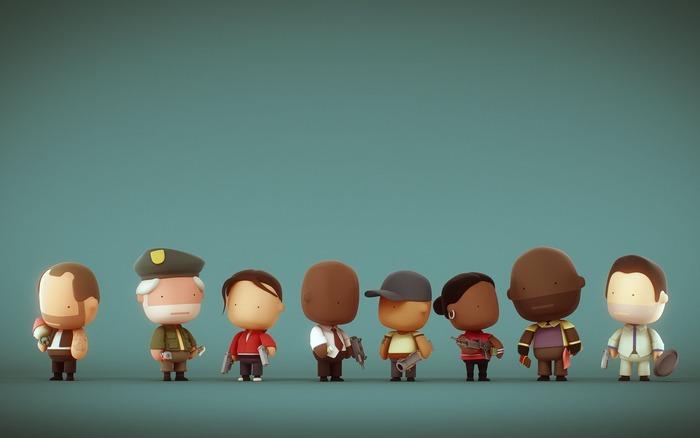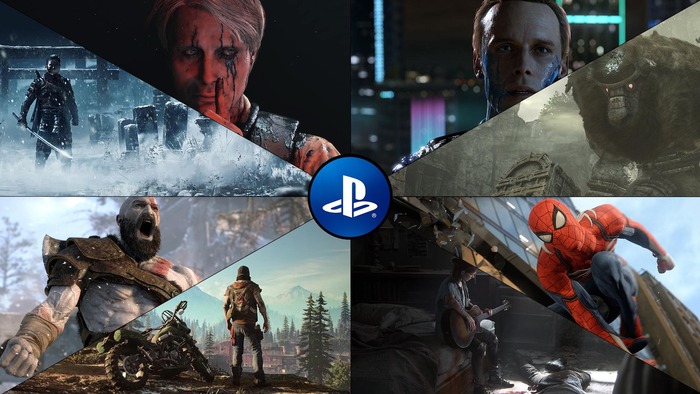5 Video Games Inspired by Classic Literature
The interconnectedness of art forms is a tale as old as time. Video games, the modern-day purveyors of narratives, often echo the grandeur of the film industry—employing its cinematic storytelling techniques. And yet, their roots reach even deeper. Were you aware that centuries-old literary works have woven their essence into game design?
It’s the timelessness of classic literature that enshrines it in ‘classic’ status. These narratives persist, transcending the temporal bounds that saw their creators laid to rest. Peering through the techno-glamour, one uncovers an unexpected truth: video games are tributes to the literary crafts of yesteryears.
At times, a solitary line breathes life into a virtual cosmos; other times, extensive tales are transplanted into the rich soils of game worlds. Indeed, the volumes of antiquity continue to cast their shadows over the landscape of contemporary media. Here we will focus not so much on video games based on books since you already know them well, but more on books.

#1 The Lord of the Rings Trilogy by J.R.R. Tolkien
Tolkien’s epic saga, “The Lord of the Rings” is nothing short of a literary masterpiece. A meticulously crafted universe, it teems with diverse creatures and cultures, convincing readers of its tangibility. Yet, at its heart, the narrative reveals the resilience of unassuming champions and examines the seductive nature of power.
This timeless resonance is why Tolkien’s vision continues to inspire myriad adaptations, including a slew of video games. Notably, many game adaptations tend to borrow from the visual style established by Peter Jackson’s cinematic interpretation.
In contrast, “The Lord of the Rings Online” distinguishes itself by drawing directly from Tolkien’s text. This sprawling MMORPG casts players as central figures in the War of the Ring. Their actions ripple through the storyline, influencing the saga alongside Frodo and the Fellowship.
#2 The Road by Cormac McCarthy’s
The development team at Naughty Dog has openly acknowledged the significant influence that Cormac McCarthy’s novel “The Road” had on their highly praised game. In McCarthy’s narrative, readers follow the grim journey of a father and son navigating through the desolate aftermath of a destroyed North American continent.
“The Last Of Us,” similar to “The Road,” unfolds within a setting that’s seen the collapse of civilization. The characters, comprising pairs of parent and child, traverse the American ruins, struggling to stay alive. The narrative rhythm of both works is meticulously constructed; vast stretches of tranquil emptiness are suddenly and violently disrupted by intense confrontations and gunfights.
We know a lot of literature games, but far fewer of them can match their inspirational books. If you like the game, you should read the novel online. Moreover, there are online libraries like the FictionMe platform with a large assortment of books, many of which are free.
You can read novels on transport, during a break, or before bed. In addition to the fact that there is a large selection of free novels, you can also get acquainted with the legendary works of the best authors. Reading will give a much more complete understanding of the game world built on the basis of the book.
#3 Dracula by Bram Stoker’s
“Castlevania,” a hallmark of gaming, clearly echoes the chilling tale of “Dracula” by Bram Stoker. But there’s more beneath the surface of this iconic series. It’s a homage to the pantheon of horror literature.
Have you ever considered the possibility that “Castlevania” is, in a sense, a tapestry woven from the threads of many seminal horror works? Take, for instance, Malachi. This creature seems like it could have been dreamed up by the master of cosmic dread, H.P. Lovecraft. Intriguingly, Carmilla emerges not just as a game character but also as a nod to an older novella sharing the same title. This particular story shadows “Dracula” in age and likely served as a muse for Stoker’s legendary vampire.
#4 The Singularity Is Near by Ray Kurzweil
While “Detroit Become Human,” a notable video game, has not been officially cited as influenced by Isaac Asimov’s “I, Robot,” parallels are evident. The narratives in both tackle the burgeoning intelligence of robots and their clash with human authorities, leading to an existential dilemma about consciousness and artificial beings.
Contrastingly, the game’s creators have acknowledged “The Singularity Is Near” by Ray Kurzweil as a core inspiration. Kurzweil’s non-fiction proposition foresees a near future where AI’s progression blurs the line between human and machine. What can we talk about if books can now be written by AI?
Do you know what is novel AI and that you can create one too? By and large, AI has only entered our lives a few years ago, but it is already capable of such miracles. Forebodingly grounded in real-world technological advances, its predictions are far from the realm of science fiction.

#5 The Last Wish by Andrzej Sapkowski
The realm of The Witcher is drenched in intricate fantasy, marked by racial tensions and sprawling international disputes. Authored by Andrzej Sapkowski, we delve into the saga of Geralt of Rivia – a “Witcher” tasked with slaying monsters, whose mutations have endowed him with supernatural abilities. Geralt’s tale is a turbulent one, as he grapples with the desire to stay uninvolved in the realm’s complexities. However, as predicaments intensely become personal, neutrality is no longer an option.
Renowned in Poland and beyond, Sapkowski’s creations are considered masterpieces within Polish literary circles, despite their relatively recent publication. In the world-renowned video games that follow, players navigate through a labyrinth of political scheming and devastating backstabbing, all while confronting internal conflicts.
Set after the events of the novels, these games retain not only key characters but also thematic echoes. They scrutinize the cost of inaction and the daunting task of determining a “lesser” evil.
Conclusion
Books, movies, and games all offer different ways to experience the same story. The question of perspective changes everything. If you love games, try to supplement your knowledge and experience greater depth through the books that served as inspiration for the authors.






